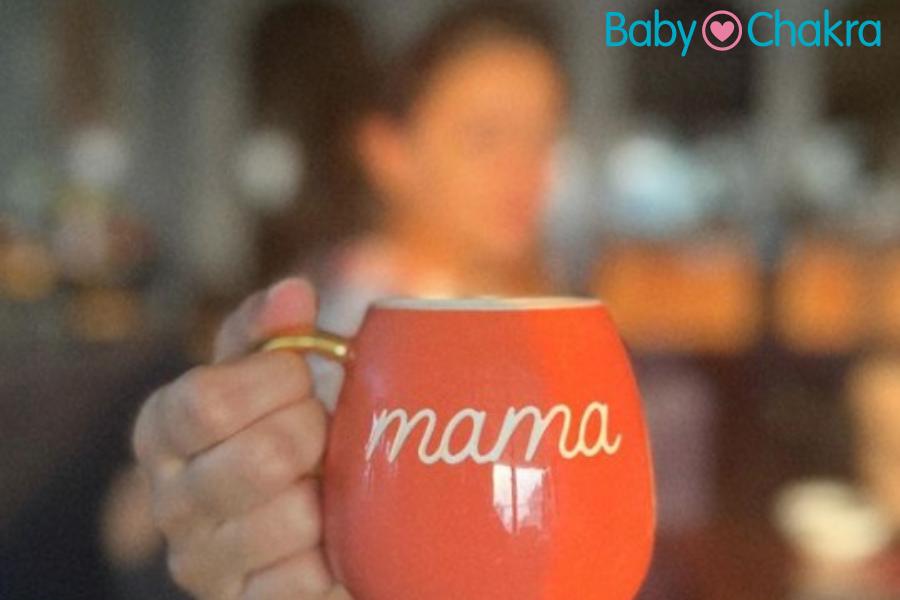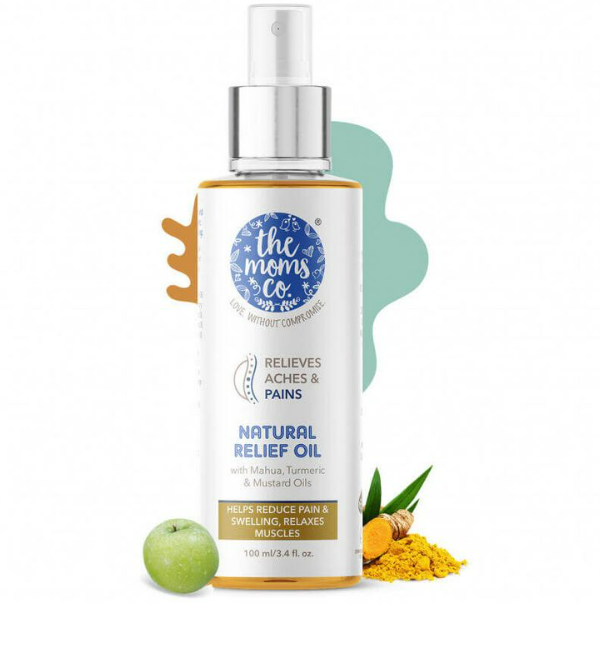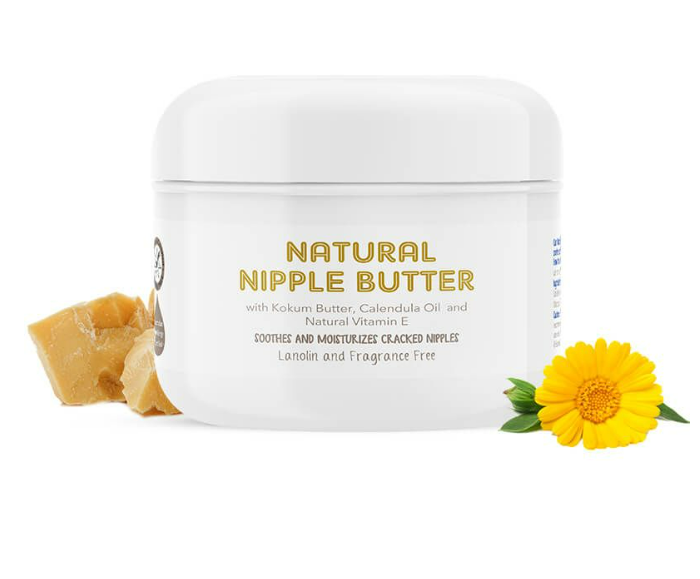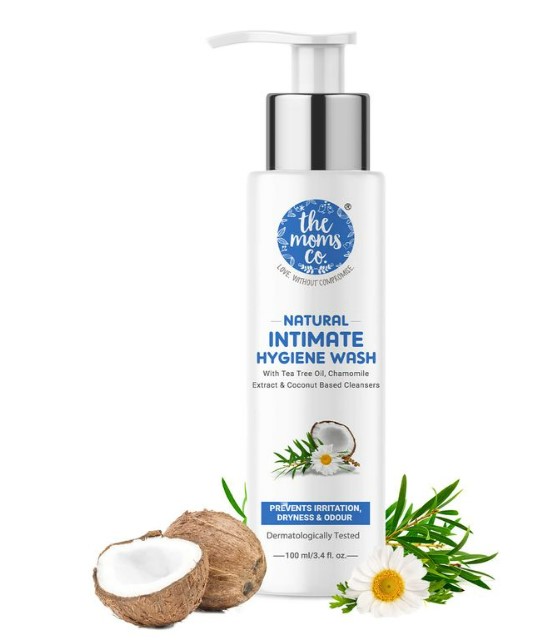
7 Postpartum Essentials You Will Need For A Faster Recovery
22 Nov 2022 | 5 min Read
Sudeshna Chakravarti
Author | 799 Articles
With your baby’s arrival, you would be processing a lot of emotions, both good and overwhelming. While you have been mentally preparing yourself for diaper changes, feedings, and sleepless nights, you would have probably overlooked how to care for yourself in the days and weeks after giving birth.
However, postpartum care is considered extremely crucial as it helps heal your body from the stress it has undergone due to labour and delivery and helps bounce your body back to its pre-pregnancy state. That’s why you should diligently follow all your doctor’s advice during the recovery period, and give yourself ample time to heal. In addition, you can also prepare a set of postpartum essentials that will ease your transition into motherhood, and also speed up your recovery.
To make things easier for you, we have compiled a list of postpartum essential items that you should stock up on before welcoming your little bundle of joy.
7 Postpartum Essentials For Faster Recovery
Sturdy Maxi Pads
Whether you had a vaginal delivery or a c-section, it’s normal to experience bleeding and discharge for a few weeks after giving birth. This is where sturdy maxi pads can help you. Opt for long and super-absorbent pads with wings to help soak the discharge quickly without giving you the feeling of wetness, and also keeping you comfortable. Purchase a set of 3-4 maxi pads to be on the safer side, and keep a few of them in your hospital bag as well.
Pain Relieving Oil
Postpartum aches and body pains are quite common, and you may experience them regardless of a vaginal or c-section delivery. Some of the common afterbirth pains include back pain and leg cramps, both of which occur due to physical changes during pregnancy. Additionally sitting for long durations of time for nursing and lack of sleep can add to your pain, and make you even more uncomfortable.
To ease the pain, you can consider massaging a natural pain relief oil to soothe your muscles and avoid cramping. For instance, you can opt for the natural pain relief oil from The Moms Co., which is formulated with plant-based oils like mahua and turmeric that repair and restore your bone and muscle health after pregnancy and reduce inflammation and pain.
A Doughnut Pillow
You may experience soreness in your vagina after your delivery, and that might make sitting on a couch or bed uncomfortable. An orthopaedic doughnut pillow can help keep your hips lifted, taking off the pressure from your swollen vagina. You can also use this pillow to support your neck while nursing, or use it to prop your baby up comfortably while feeding them.
A Soothing Nipple Butter
In the first week after giving birth, your breasts may feel tender and bigger due to the discharge of colostrum (first breast milk). This may lead to breast soreness and engorgement, causing postpartum breast pain. While this pain usually subsides in a week or two, you may feel difficulty in nursing your baby.
To soothe your nipples, you can use The Moms Co.’s natural nipple butter that comes enriched with natural and plant-based actives like coconut oil, calendula oil, vitamin E, and kokum butter, which nourish and hydrate your skin and heal sore and cracked nipples. You can also use it to prevent dryness and itching in your breast, and prevent skin damage.
Natural Intimate Wash
During the first few days after giving birth, you will experience bleeding and discharge. This discharge is often known as lochia, which consists o mucus, uterine tissues, and other materials from your uterus. In some cases, the lochia comprises bacteria as well that may disbalance your vagina’s pH balance and cause infections.
To prevent infections, use the natural hygiene intimate wash to clean your intimate area and reduce vaginal discomfort. The intimate wash from The Moms Co. contains natural extracts of calendula, chamomile, tea tree oil, and panthenol that fight bacterial infections and stabilise the pH value of your intimate area to prevent odour or rashes.
Nursing Bra
Comfortable clothing, such as a super-soft nursing bra will serve you well during your postpartum period. Most nursing bras are made with soft and gentle materials that prevent skin irritation, and they also have thick padding to absorb any leaks that occur in the first few weeks after giving birth to your baby. Opt for a sustainable and moisture-wicking bra that is easy to nurse in, and also has hidden pockets for extra breast pads.
A Large Water Bottle
Staying hydrated is crucial, as dehydration can lead to urinary tract infections and constipation, which only aggravate your sore and swollen perineum and vagina. Hence, invest in a large water bottle which you can take constant sips from, without having to get up for refills frequently. Keep the bottle by your side while nursing and keep hydrating yourself after short intervals of time.
Conclusion
Your body goes through tons of physical changes during pregnancy, and it’s normal to experience aches and pains after giving birth. Keep these postpartum essentials handy as they will ease your motherhood journey, and also aid in recovering your body. So take good care of yourself, and keep resting so that your body makes a full-recovery super quickly.
Cover Image Credit: Alia Bhatt/ Instagram
A


Related Topics for you
Suggestions offered by doctors on BabyChakra are of advisory nature i.e., for educational and informational purposes only. Content posted on, created for, or compiled by BabyChakra is not intended or designed to replace your doctor's independent judgment about any symptom, condition, or the appropriateness or risks of a procedure or treatment for a given person.



